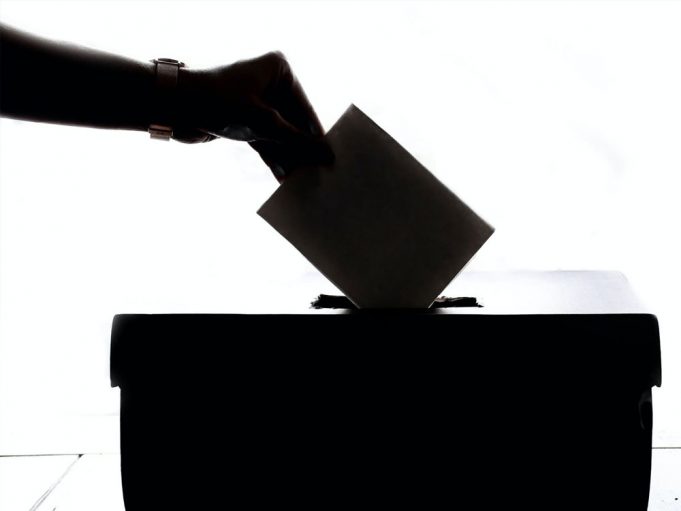If association leaders don’t follow the association’s bylaws in conducting an election, what can members do? For example, if members must be present at the elections meeting in order to vote and the leaders allow members to vote online, are there any consequences?
For a first step, members could consult with local counsel regarding online membership elections and online board voting.
Nonprofit law allows members to hold mail elections and most states wouldn’t bar email elections. However, boards face more strict rules. Nonprofit boards often can only hold online voting where all members of the board consent in writing. An incorporated association needs legal counsel to look at the state corporations code.
Generally, an online election meeting is legal whether an association is incorporated or not. However, it’s only legal if the bylaws allow it.
A group that wants to append an online election clause to a set of bylaws has two options. First, it can define the word “present” to incorporate an online vote. Or it can draft a clause that states “notwithstanding anything else in these bylaws” and then holds a member to be present where the member votes under certain conditions.
Appending an online clause to preexisting bylaws is the lazy approach. A more dedicated one is to go through the bylaws and amend every reference to meeting attendance and voting. There will be fewer challenges to the bylaws and less of a chance of an error.
There is a third approach. An association always has the option of adapting to modern times by voting out its old bylaws in their entirety and then starting new. The problem isn’t the difficulty of having an online election clause; rather, it’s the difficulty of appending such a clause onto preexisting bylaws. New associations don’t
have that problem as they don’t have years of old bylaw provisions.
It’s possible an association will err, and allow online elections that violate bylaws. Where that happens, a member may be able to challenge results.
Challenging results is a balance between state law, the association’s rules, and the amount of time that has elapsed since the election. Associations may have a challenge clause that allows associations to account for errors.
Absent a clear bylaw provision, a member can rely upon Robert’s Rules of Order if the association uses them. Robert’s Rules provide for motions to recount, and allows for the correction of procedural errors. However, Robert’s Rules hold that once a person assumes office, no more election challenges can be mounted. That may create a problem
with an online election if the members are never physically present prior to the newly elected person assuming office.
If an association doesn’t provide for election challenges and is silent as to its procedural rules, a member will likely have to resort to the bylaws’ grievance or impeachment procedure or file a lawsuit. Those aren’t efficient ways to challenge an election as they are potentially contentious and expensive.
Finally, it’s always wise for an association to “cure” the results of a bad election once a new election is held. The best way to do that is to have the new and properly elected board ratify all acts by the old board. That cure reduces the likelihood that someone will challenge actions taken by any improperly elected board by claiming that the improperly elected board lacked authority to act.
What's Your Call? Leave a Comment:
Note: This article is archival in nature. Rules, interpretations, mechanics, philosophies and other information may or may not be correct for the current year.
This article is the copyright of ©Referee Enterprises, Inc., and may not be republished in whole or in part online, in print or in any capacity without expressed written permission from Referee. The article is made available for educational use by individuals.
















